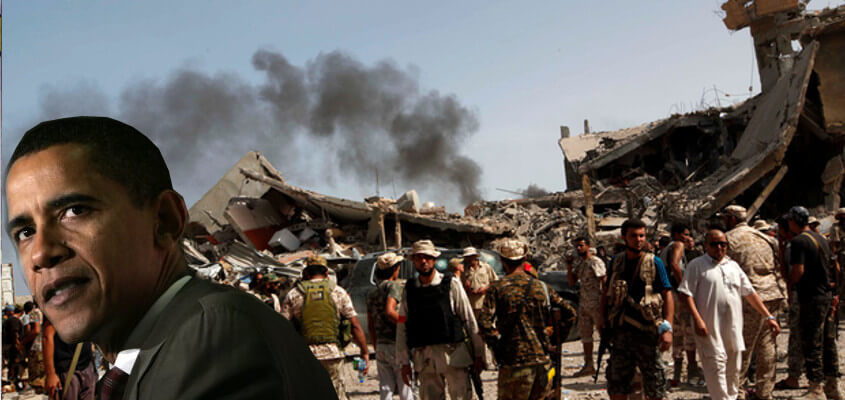Just as his nomination as the new UN special representative to Libya was on the verge of being confirmed, former Algerian foreign minister Ramtane Lamamra definitively withdrew his name from consideration.
The personal pick of UN Secretary-General António Guterres, Ramtane Lamamra’s nomination had received the approval of the African Union (AU) during a meeting attended by UN and AU representatives in mid-March in Oyo (Congo-Brazzaville). Lamamra currently serves as the AU’s ambassador for the “Silencing the Guns” project. According to our sources, the Elysée also endorsed the Algerian’s candidacy, as he has remained on good terms with French President Emmanuel Macron.
Several countries voiced their opposition
However, on 16 April, Lamamra wrote in a letter to the Algerian media, as published by APS, the country’s official news agency: “During a telephone conversation in the coming hours with the UN secretary-general, I intend to extend my thanks to Mr Guterres for having selected me for the position and to express my regret at having to notify him of the withdrawal of my acceptance in principle – which I had given him on 7 March – of the offer.”
The reason behind Lamamra’s withdrawal seems to be that several countries, including Egypt, Morocco and the United Arab Emirates, opposed his candidacy and thus went to work to block his nomination by contacting the US government.
The reservations voiced particularly concern on Lamamra’s nationality, as it is uncommon for the UN to choose a mediator from a state bordering the crisis-stricken country. In Rabat’s view, the former minister’s appointment would have primarily served Algiers’ agenda.
Egypt, one of Khalifa Haftar’s main backers, alongside the United Arab Emirates, has frowned upon Algeria’s diplomatic activism regarding the Libya conflict ever since Abdelmadjid Tebboune was elected president. Although Algiers has since resumed contact with the Haftar clan, in the past its relations with the self-proclaimed head of the Libyan National Army (ANL) have been tense.
Under pressure
Guterres is currently reviewing new candidates who have the potential to replace Ghassan Salamé, who resigned in early March. Mentioned repeatedly, Ismail Ould Cheikh Ahmed’s candidacy is off the table, as the Mauritanian foreign minister wishes to focus his energy on his country. Behind the scenes, Cairo and Abu Dhabi are pressing for the nomination of a Jordanian national whose name has not been divulged.
Other possible candidates include Ali Al Zaatari, a former UN deputy special representative to Libya (2015 to 2016), and the former Jordanian foreign minister Abdelilah al-Khatib, who already briefly served as UN special representative to Libya in 2011.
Pending agreement on the identity of the future mediator, Stephanie Williams, an American, is currently fulfilling the role in an acting capacity.

